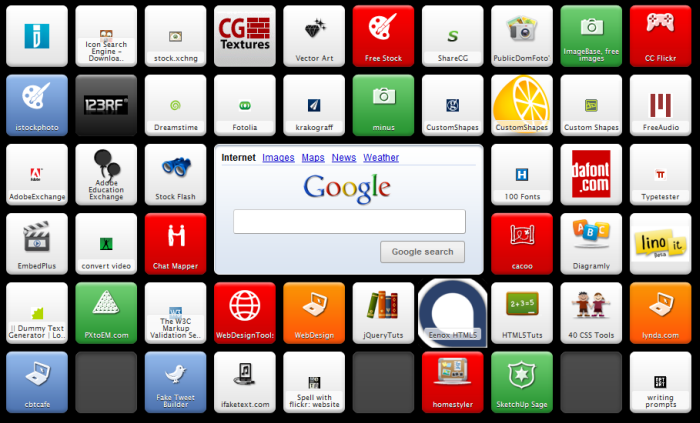Anthony Capps is a third grade teacher at Gulf Shores elementary. He uses project based learning in his classroom. We are given seven different videos to watch between Mr. Capps and Dr. Strange. In these videos they discuss the benefits of project based learning. Project based learning is a way for students to work together to gain knowledge and skill from each other.
In The first video Project based learning part 1: Experiences of a 3rd grade teacher Capps said "the most crucial part of project based learning is the opportunity to be able to critique and revise each other’s work." He goes on to give examples of some of his projects he uses in his classroom. The response he gets from his students is inspiring to me. I love that his students are so engaged in their work. Capps says "create an opportunity for them to go beyond, and they will." I believe that if you limit your students it will limit their learning experience. If like Capps, you give them endless opportunities, then you will in the end have better responses. In the second part of the video, Project based learning part 2: Experiences of a 3rd grade teacher, Capps makes a great point by saying not all projects will turn out great. For one of his projects he had his students research the culture of Afghanistan. A parent of one of his students did not like the project he had assigned. Instead of dropping the whole project he gives that student another assignment. Things are not always going to go as planned but it is important to work around obstacles and not get disappointed. Capps goes on the explain the extraordinary response he got from the parents with this project.
The third video, iCurio, explains how iCurio works. It is a search engine that allows students to safely search the internet for information. It provides images, videos, audio and text just like Google would. Cap explains another feature that iCurio offers and that is a storage feature. It allows students work to be saved when they leave the computer and easily picked back up when they return. It allows offers an easy way to search specific topics Discovery Education is another resource students can use. It illustrates anything science and social studies related. It offers a detailed image of the topic being searched. Cap uses the example that his students used this tool when they were studying plants. He says it gave them a very detailed image of the plant. This can be a very helpful took because students learn better when they have a visual to look at.
In the fifth video The Anthony - Strange list of tips for teachers part 1 we are given tips that every new teacher should know. The first point that is brought up is that teachers should be learners. I agree completely with this statement. It is important for teachers to be learners because there is always going to be a new way for everything, inside and outside of the classroom. For example, technology is constantly changing, new programs and more advanced ways of doing things is always going to be brought up. Another interesting point that is brought up is that teachers should be flexible. Not everything you do is going to go the way it was intended.
The sixth video Don't teach tech - use it Mr. Capps ad Dr. Strange explain why it is important to not teach technology. From their experiences student learn more when they have to figure it out on their own. For me, being a student myself, I agree with both of them. As frustrating as it is to have to figure something out that you have never even seen before, it is still more beneficial when doing it on your own. At times it is very difficult but it is more rewarding when you end up figuring it out on your own. You learn so much more when someone does not just hand you the information.
1) The year plan
2) The unit plan
3) The weekly plan
4) The daily plan




